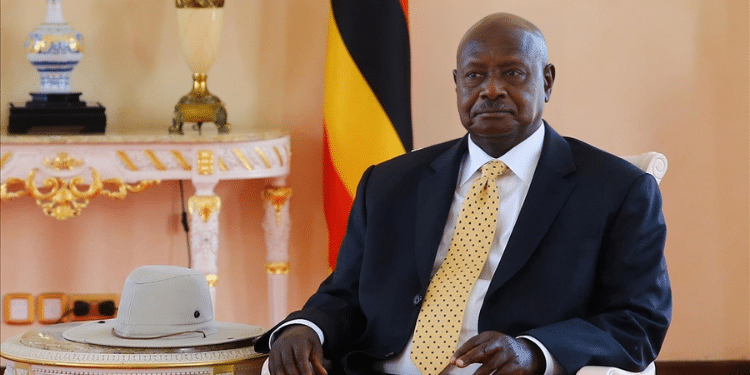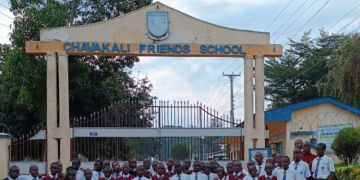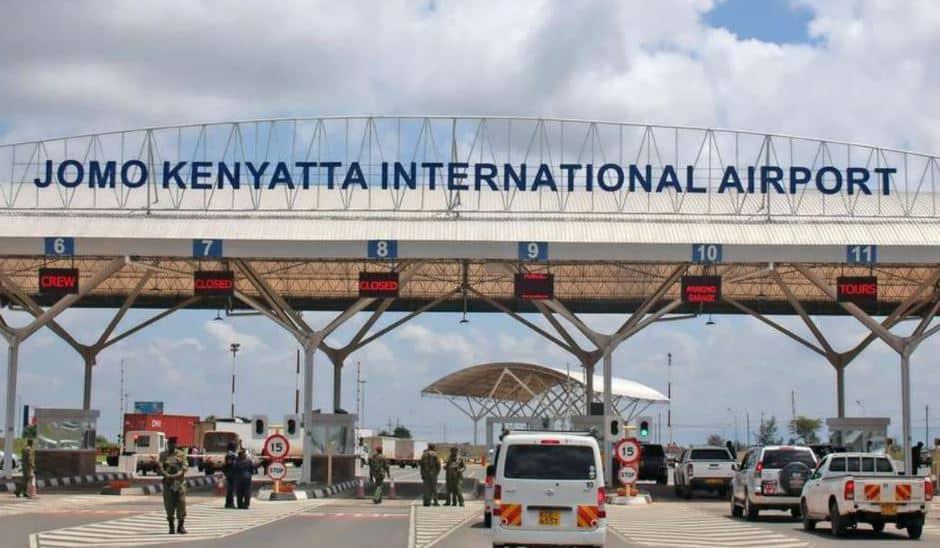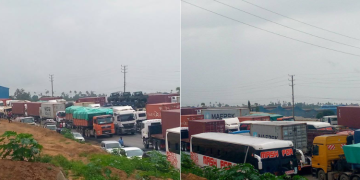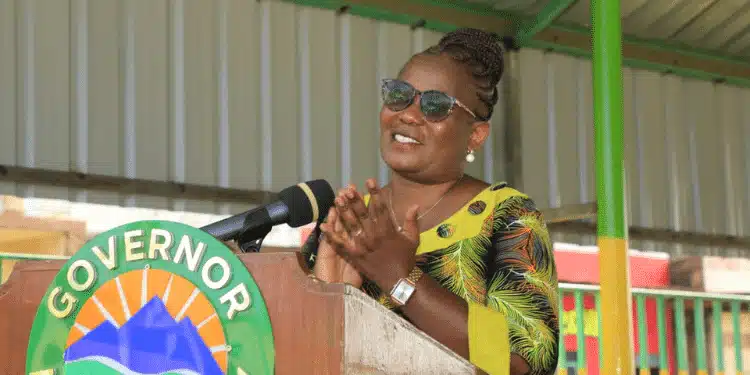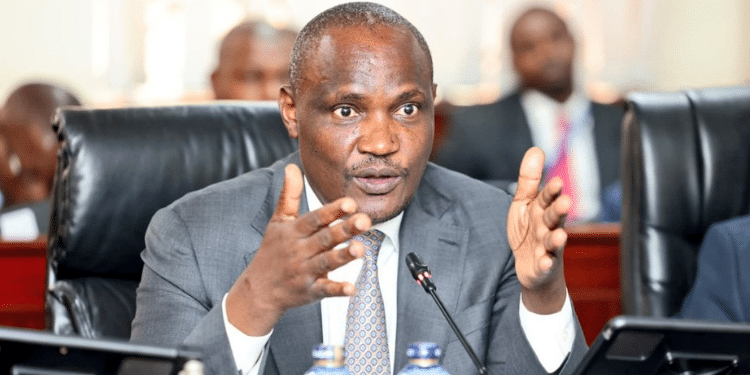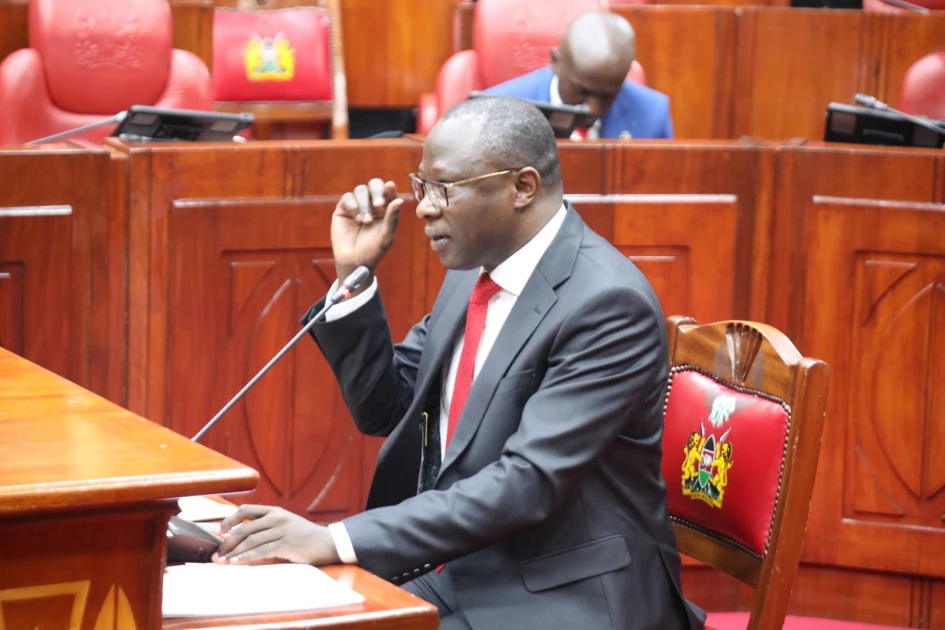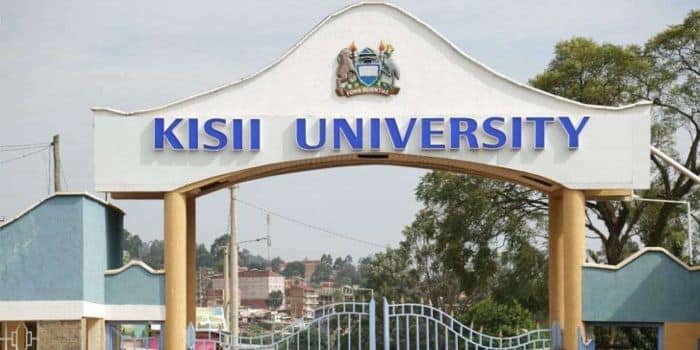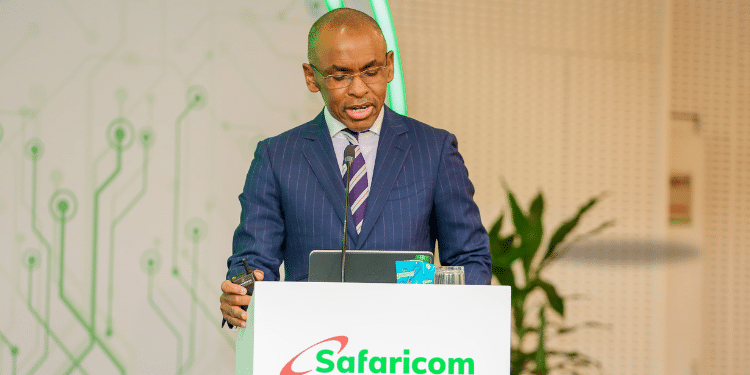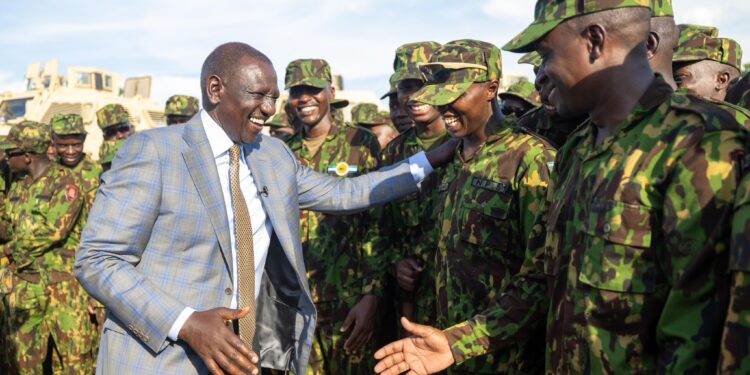Kenya’s bold decision to lead a multinational security mission in Haiti marks a pivotal moment in its emergence as a global security actor. What began as an ambitious initiative to demonstrate leadership beyond Africa’s borders has evolved into a complex test of Kenya’s diplomatic resolve, particularly in light of President Donald Trump’s recent freeze on U.S. funding for the mission. This development not only threatens the operation’s viability but also raises profound questions about Kenya’s international standing and the reliability of traditional security partnerships.
The mission’s origins can be traced to Kenya’s recent designation as a Major Non-NATO Ally (MNNA) by President Joe Biden in June 2024—a historic first for sub-Saharan Africa.
This status brought with it significant potential benefits: enhanced military aid, access to advanced American weaponry, and strengthened defence cooperation.
The Haiti deployment was meant to be a concrete demonstration of Kenya’s newfound role, showcasing its capability to contribute meaningfully to global security beyond its traditional sphere of influence in East Africa.

Haiti Mission Hurdles
However, the mission has encountered formidable challenges both on the ground and in the international political arena.
In Haiti, Kenyan forces face a volatile security situation dominated by sophisticated gang networks that have effectively paralyzed the government in Port-au-Prince.
The mission’s complexity is compounded by geographical distance, language barriers, and the haunting legacy of previous failed international interventions in Haiti.
These operational challenges have been exacerbated by growing concerns about the Kenyan police force’s readiness and human rights record, particularly in light of the recent controversial handling of domestic protests.
Also Read: US Retracts Trump’s Order to Freeze Haiti Funding
Trump’s funding freeze has dealt perhaps the most significant blow to the mission’s prospects. This decision extends beyond mere operational constraints—it strikes at the heart of Kenya’s strategic positioning in the international system.
The freeze exposes the vulnerabilities inherent in relying heavily on bilateral support for international security initiatives, especially in an era of increasingly unpredictable U.S. politics.
For Kenya, which had positioned itself as a key American ally in Africa, this development represents more than a budgetary setback; it constitutes a diplomatic challenge that could reshape its approach to international engagement.
Shifting Power diplomacy
The situation presents a fascinating case study in the evolution of middle-power diplomacy. Kenya’s intervention in Haiti represents a departure from traditional patterns where African nations are typically recipients rather than providers of international security assistance.
By stepping into a leadership role in a complex security crisis outside Africa, Kenya sought to redefine its position in the global security architecture.
This ambition aligns with a broader trend of emerging powers seeking to expand their influence beyond their immediate regions.
However, the current crisis highlights the precarious nature of such diplomatic endeavours. The mission’s success was predicated on robust international support, particularly from the United States.
Trump’s funding freeze not only jeopardises the operational aspects of the mission but also raises questions about the sustainability of Kenya’s ambitious foreign policy agenda.
It underscores a crucial lesson in international relations: the path to enhanced global standing is fraught with risks, especially when dependent on the domestic political dynamics of major powers.
What it means for Kenya
The implications for Kenya’s international standing are significant. A successful mission would have solidified its position as a reliable partner in international security efforts and enhanced its diplomatic influence.
However, the current challenges risk undermining these potential gains. The situation has forced Kenya to consider alternative funding sources and partnerships, potentially opening doors for competing powers to expand their influence.
This could lead to a recalibration of Kenya’s international alignments, with implications for regional power dynamics and global security partnerships.
Also Read: Kenya Assured of Billions for Haiti Mission After Trump Shocker
Looking ahead, Kenya faces critical decisions about the mission’s future. Simple withdrawal could damage its credibility as a security partner and undermine its aspirations for greater international influence.
Yet continuing without adequate funding poses significant risks. The situation demands careful diplomatic manoeuvring—perhaps through increased engagement with multilateral institutions or by diversifying international partnerships while maintaining strategic autonomy.
The Haiti mission thus represents more than a peacekeeping operation; it is a test of Kenya’s diplomatic maturity and strategic resilience.
How Kenya navigates this crisis will likely influence not only its own international standing but also set precedents for other emerging powers seeking to expand their global influence.
The challenge lies in balancing ambitious foreign policy goals with practical limitations, all while maintaining credibility on the international stage.
What the future holds
The current situation also offers broader lessons about the changing nature of international security cooperation. It highlights the vulnerabilities of bilateral security arrangements in an era of increasing political volatility in major powers.
For countries like Kenya, the experience may prompt a reassessment of how to structure international security initiatives to ensure their resilience against shifting political winds in partner nations.
As Kenya stands at this crossroads, its response to the current crisis will be closely watched by the international community.

The outcome could influence how emerging powers approach similar initiatives in the future and shape evolving patterns of international security cooperation.
Whether Kenya can transform this challenge into an opportunity for diplomatic innovation remains to be seen, but the implications will resonate far beyond the immediate crisis in Haiti.
In the end, Kenya’s Haiti mission embodies both the opportunities and risks inherent in ambitious international security initiatives.
While the current challenges are significant, they also offer valuable lessons about the complexities of modern statecraft and the importance of building resilient international partnerships.
As the situation continues to evolve, Kenya’s experience will likely inform discussions about the future of international security cooperation and the role of emerging powers in global governance.
Follow our WhatsApp Channel and join our WhatsApp Group for real-time news updates.

